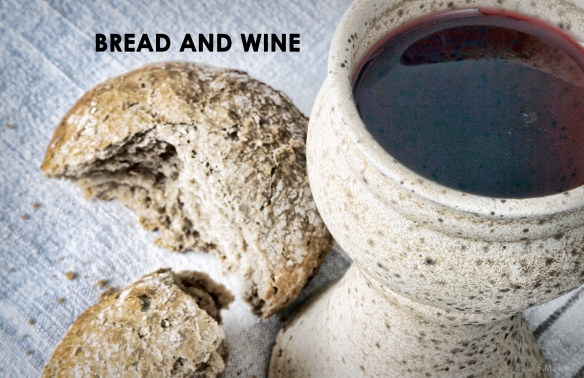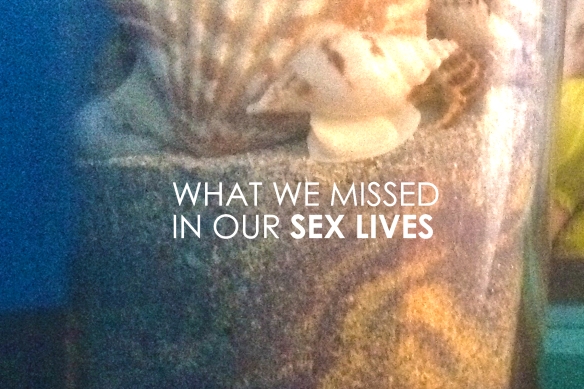 I’ll pray for you. It’s the “proper” response in American church culture whenever someone shares something with you about their struggle. It really sounds nice. And I believe it’s almost always offered with the purest intentions. But it tends to have as little sincerity as “bless you!” does whenever someone sneezes.
I’ll pray for you. It’s the “proper” response in American church culture whenever someone shares something with you about their struggle. It really sounds nice. And I believe it’s almost always offered with the purest intentions. But it tends to have as little sincerity as “bless you!” does whenever someone sneezes.
Because of this, when I was raising support before we moved to launch LifeCity, I literally asked no one to pray for me. I felt like it was ridiculous to ask people who claimed the name of Jesus to pray for one of their own who was trying to start a church. Sure, it sounds spiritual to “ask” for prayer. But even if you don’t like me, you’re not going to pray for me unless I ask you to?! Pardon me, but your prayer life needs help if that’s the case.
Now it’s our obligatory, knee-jerk response on social media whenever a terrorist attack, natural disaster, social injustice, or some other form of tragedy affects some other part of the world to flood social media with hashtags, quotes of solidarity, and temporary profile pics expressing our love – and again, prayers – for those suffering such terrible losses…
Then, of course, one week later, we’re back to our completely unaffected lives. The hashtags fall from the lists of “what’s trending” and the temporary pics revert to our normal selves, and like our often completely meaningless expressions of prayer – nothing has actually changed.
No one without food was fed. No one homeless found shelter. No one grieving a loss was comforted. Nothing. NOTHING! was changed by our shout-outs saying that we’re praying for any city, country, or people group affected by such things.
Look – I don’t mean to be such a kill-joy, and I certainly dislike coming across as a jerk – especially regarding praying! But we need to really, really quit blaming prayer for our inaction. Hear me out…
In Matthew 5, Jesus tells us, “23 Therefore if you are presenting your offering at the altar, and there remember that your brother has something against you, 24 leave your offering there before the altar and go; first be reconciled to your brother, and then come and present your offering.”
Offerings were presented in the Temple as part of the prayer rituals of ancient Israel. Jesus literally tells His followers to stop their prayer offering to go make things right with someone they’ve offended. In other words – it is more important to God that we actually do good instead of simply praying for good.
Please note – in the very same passage, Jesus tells His followers to then go and present their offering after they’ve reconciled with the offended brother; but the priority is not on merely doing “religious” exercises, but improving people’s lives.
It is far more difficult to look someone in the eye and apologize, or offer forgiveness to them than it is to “pray” for them and hope that God just glosses over a situation you would rather avoid altogether. Prayer does not work that way.
Prayer moves the hand of God only to the extent that I’m willing to obey Him. Where obedience is lacking, so is the power of prayer. I’m not saying that prayer doesn’t work. I’m saying that prayer without faith doesn’t work. And faith in God is always accompanied by a corresponding action. James talks about that in James 2:14-17. Paul even talks about this in Ephesians 2:10.
So don’t get me wrong. I’m not saying “Don’t Pray!” I’m saying that we need to quit hiding behind prayer as an act of disobedience for doing actual good. Feed a hungry family. Donate some time to volunteering in your city. Restock a coat closet at a school for students in need. Spend some time with someone who’s hurting. Go and actually do something! Go and be the answer to someone else’s prayer. Have a strong bias toward action. And then pray for them, and that others would join you in trying to meet real needs in this broken, hurting world.
Otherwise, don’t ask God to do something He’s already commanded and enabled you to do. Seriously.
Sincerest blessings,
Pastor John
P.S. – The next time someone tells you they’re struggling with something you genuinely can’t do anything about, try this. Instead of saying “I’ll pray for you,” just do it. Just pray for them right then and there. Say, “Can I pray for you right now?” Put your hand on their shoulder (if appropriate) and pray for God to intervene right then and there. And afterward, make sure they’ve got your number in case there is something you can do to help.



